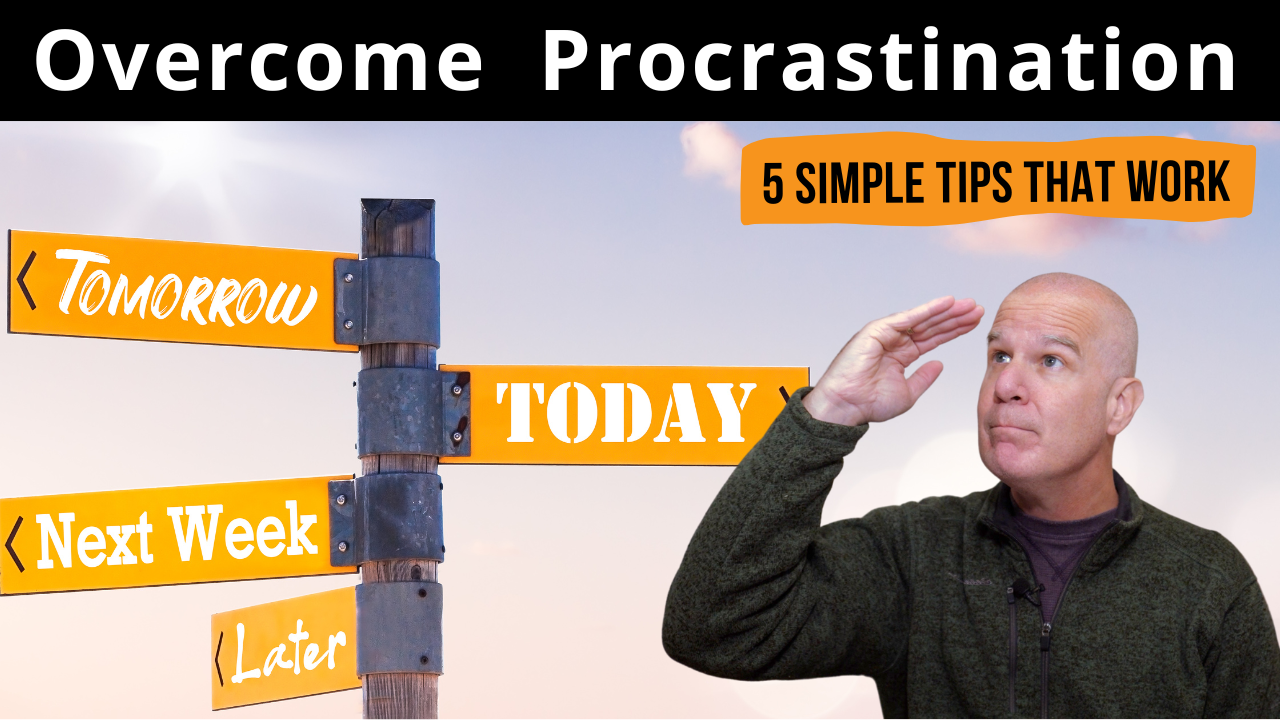
Today’s post is all about procrastination.
I once gave a talk at the Sacramento Buddhist Group. During the Q&A, someone asked me, “What is the remedy for procrastination?”
I looked at him and simply asked, “What are you doing right now in this moment?”
He replied, “I'm sitting here having a conversation with you.”
And I said, “Remedy already appeared.”
Now, I don’t always respond like that unless it’s a kind of koan situation—but in this case, it got through. He lit up and said, “Wow, it’s so simple. I’m always in my head. If I just put my energy into what I’m doing, the remedy is already here.”
That was a powerful insight. But I know that for many of us, a bit more support is helpful when dealing with procrastination. So I’d like to share five things that have helped me. Maybe one or two of these practices will resonate with you too.
1. Just Do It
Yes, I know—it sounds overly simple. But often, the hardest part is getting started. I’ve noticed that when I wake up and immediately start thinking about everything I have to do, I end up overwhelmed. But when I shift the energy away from thinking and just begin—just do what needs to be done in this moment—that energy of movement builds momentum.
So instead of worrying about your whole to-do list, focus on what needs to be done right now, and do that.
2. Start the Day with Grounding
For me, bowing and sitting meditation first thing in the morning is a huge help. But it doesn’t have to be meditation. You could do yoga, tai chi, go for a run—anything that grounds and settles your mind.
Our minds are very active, especially overnight with dreams and restless sleep. Starting the day with a calming, intentional activity helps bring clarity and presence that can carry you through the rest of the day.
3. Create a Weekly Schedule
Having a schedule helps eliminate decision fatigue. If I wake up with no plan, I end up wasting energy just deciding what to do. So I make a weekly schedule and adjust it based on what’s realistic—especially if my situation is often changing.
We can also waste energy by planning too much. I’ve seen this happen with people’s spiritual or wellness practices—they get ambitious, over-plan, and end up overwhelmed. It’s okay to start small and keep it sustainable. Build from there if possible.
4. Avoid Distractions
This one’s huge. If I start my day by checking email, I immediately get pulled into a swirl of thoughts and stress. The same goes for checking my phone, social media, or the news.
Try creating a distraction-free window first thing in the morning. Maybe put your phone in another room, avoid screens, or create a quiet space for yourself. Even a small change can make a big difference.
5. Clarify What’s Most Important
There will always be more to do—or more things we want to do: projects, chores, obligations, goals. But what truly matters?
Sometimes I’ll write out the top 3–5 things that are most important for the day or week. And I often realize that many of the things I was stressing about... aren’t essential.
I understood this deeply when my dad was passing away. After he died, so many of the things I thought were important just weren’t. Taking time to step back and see the bigger picture can shift everything.
Final Thoughts
And even with all of this—sometimes, things don’t go as planned. You might not get to everything on your list. That’s okay.
If you’re feeling overwhelmed or frustrated, take a step back. Don’t beat yourself up. I’ve had days where nothing went the way I wanted, and unexpected things showed up. I felt stressed, but I made a conscious choice: instead of getting lost in stress and disappointment, I went to the kitchen and made dinner for my family. That helped bring me back to the moment. It grounded me.
These are just a few practices that have helped me work with procrastination. I hope something here supports you as well. If this was helpful, feel free to like this post or share your thoughts in the comments. And if you have any tips that help you with procrastination, I’d love to hear them.


